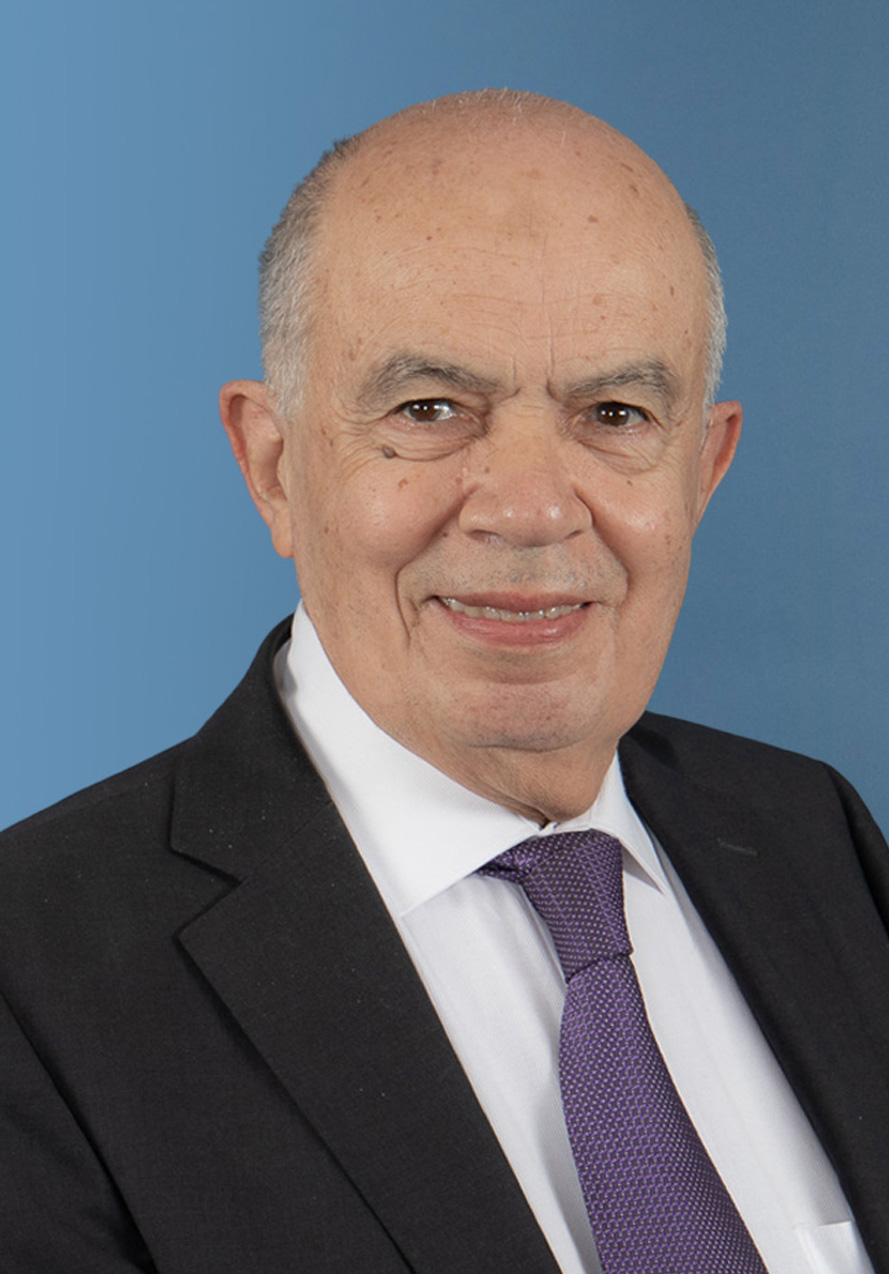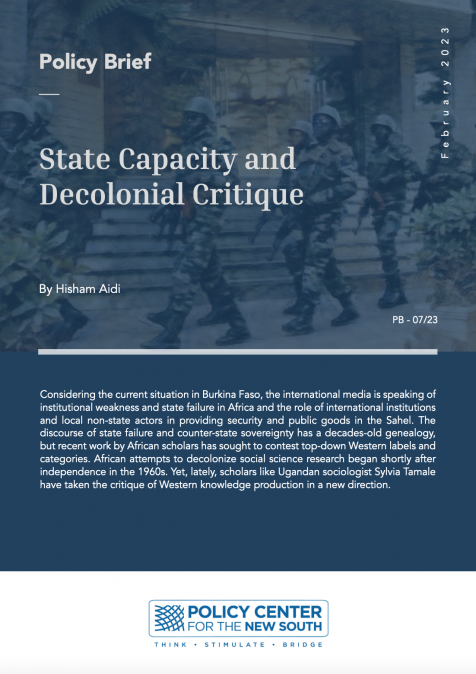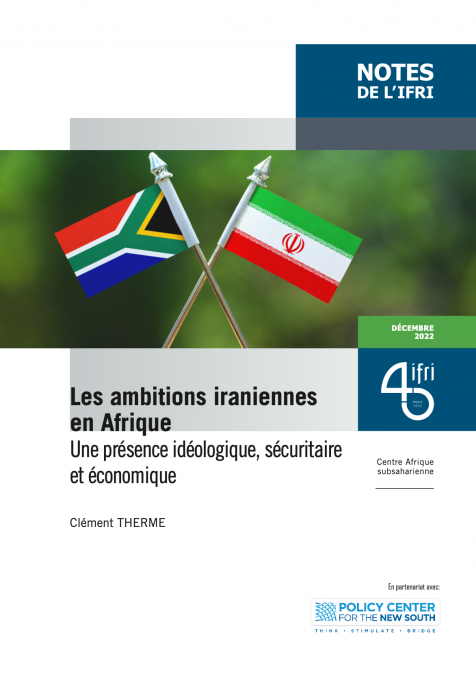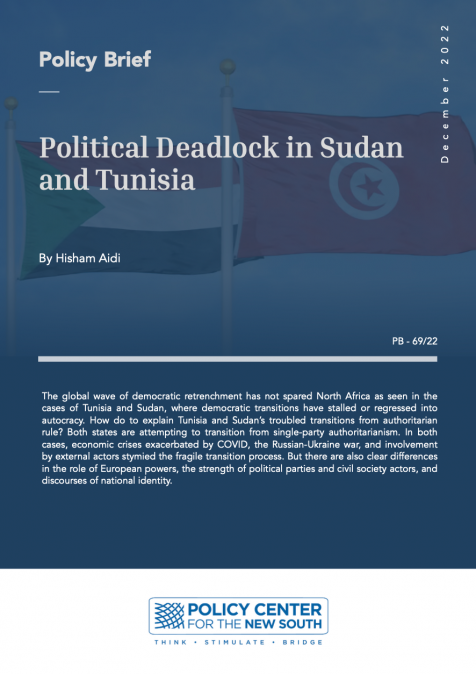يخصص مركز السياسات من أجل الجنوب الجديد حلقة برنامجه الأسبوعي "حديث الثلاثاء" لمناقشة موضوع الحضور الصيني في إفريقيا ومستقبل مبادرة الحزام والطريق. في ظل المساعي الصينية لتوسيع نفوذها عالمياً عبر التواجد في مناطق العالم المختلفة ذات أهمية جيواستراتجبة، تعد افريقيا واحدة من أهم القارات التي تنَامى فيها الحضور الصيني. حيث أن الشراكة الصينية الأفريقية حققت تطوراً كبيراً خاصة بعد تأسيس منتدى التعاون الصيني الأفريقي سنة 2000 ولا سيما في ظل مشروع الحزام و الطريق. ما هي الآليات والأساليب التي اعتمدتها الصين لتقوية حضورها في افريقيا؟ ماهي انعكاسات مبادرة الحزام والطريق على افريقيا وعلى الجنوب الجديد؟ كيف يستفيد المغرب من هذه المبادرة؟ ماهي آفاق العلاقات المغربية الصينية في هذا الصدد؟ أسئلة وأخرى نناقشها رفقة ضيفنا فتح الله ولعلو، باحث بارز بمركز السياسات من أجل الجنوب الجديد










